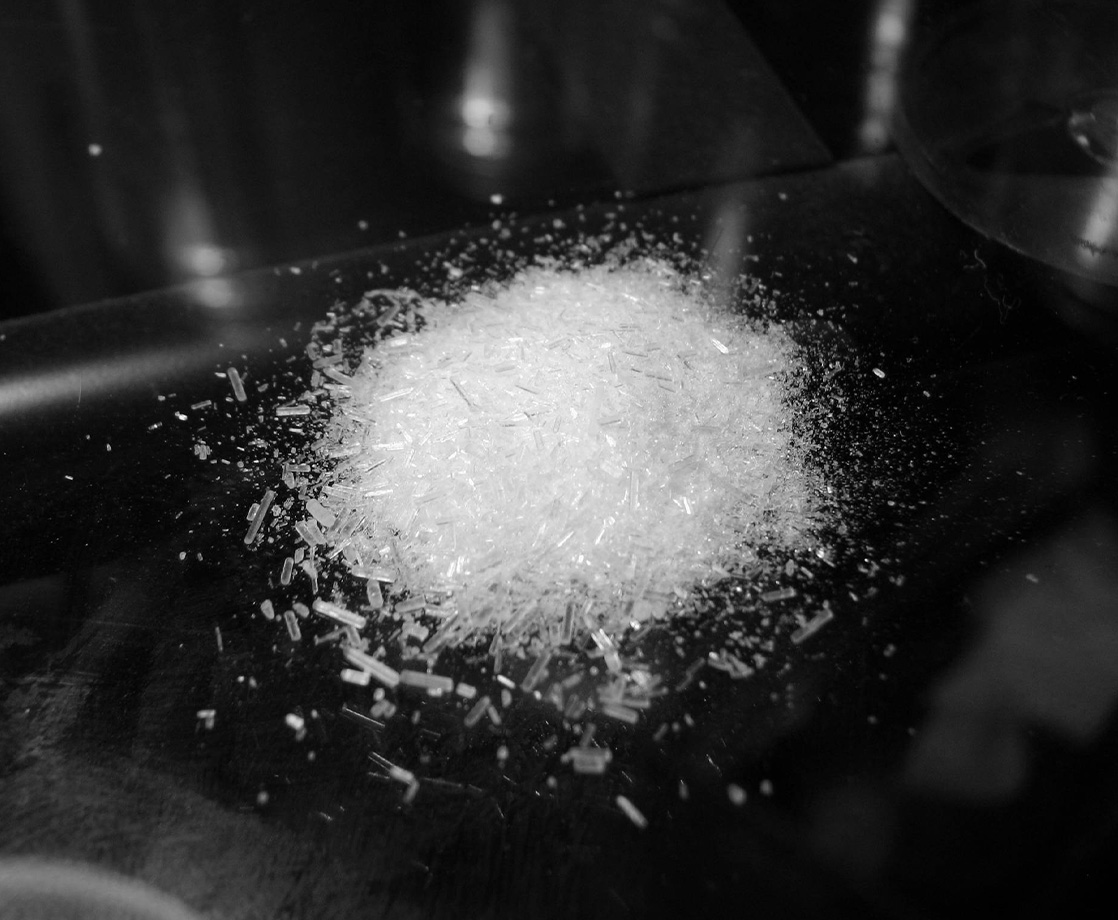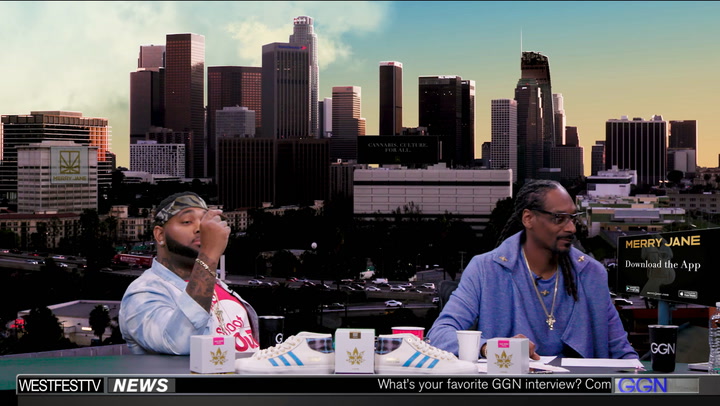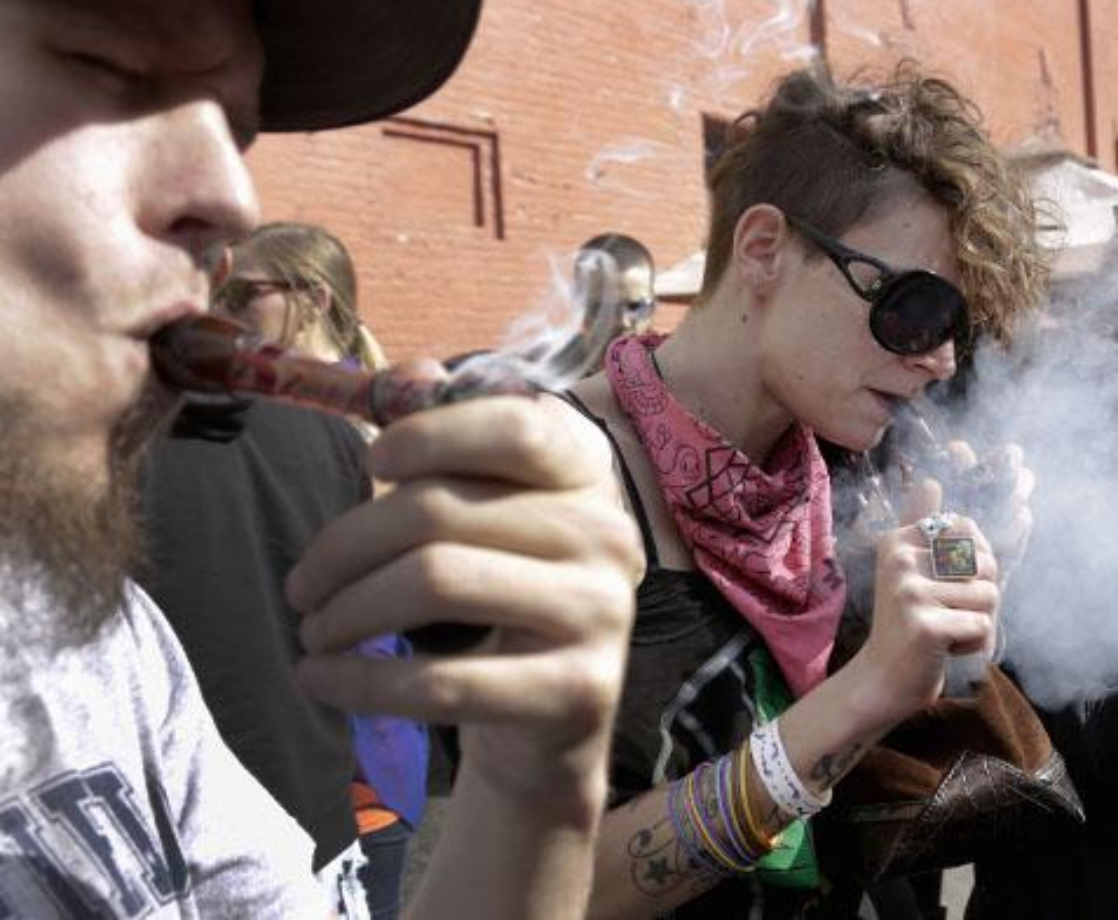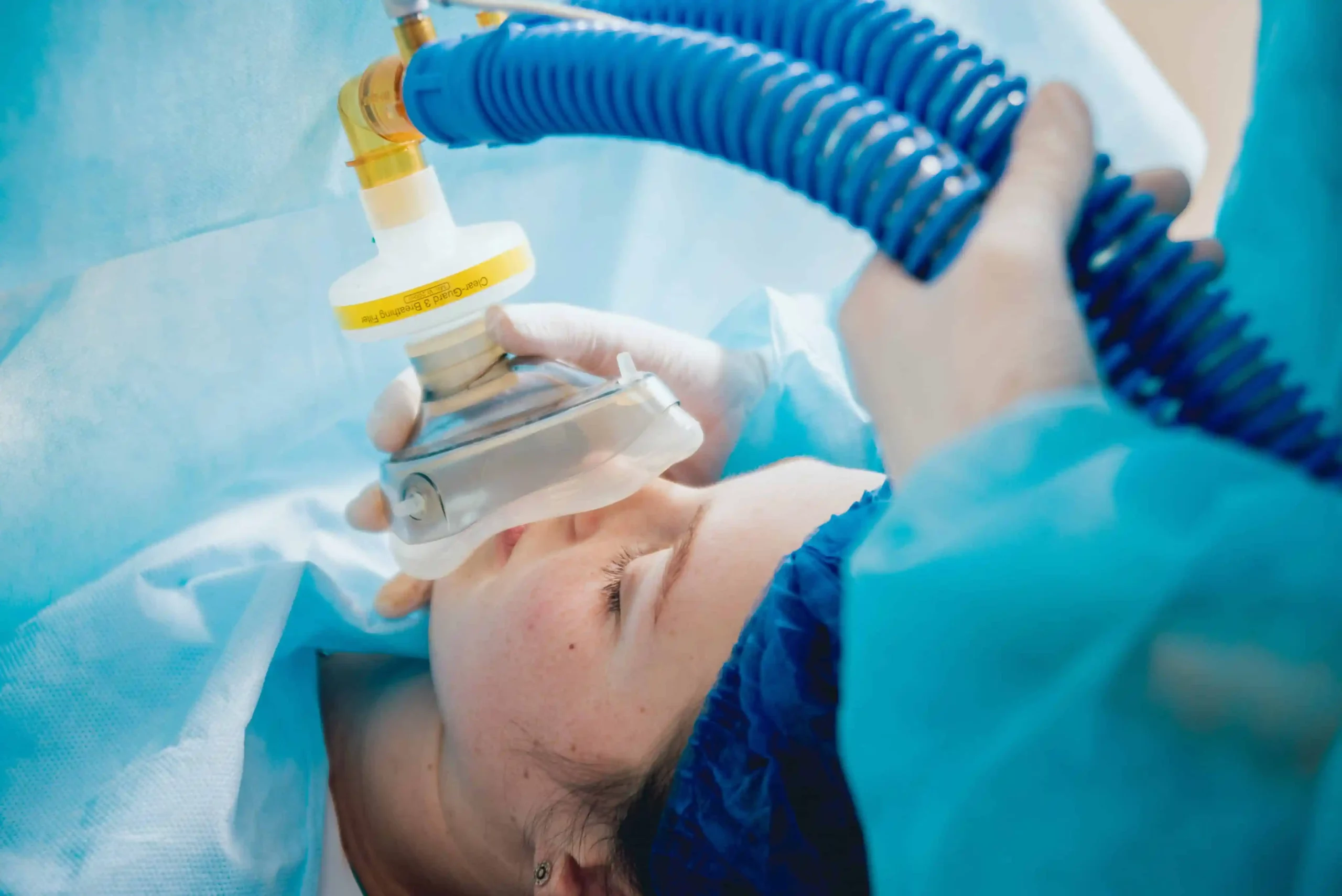In 2016, President Trump campaigned on an “America First” ticket. And part of that ticket included increased care for US military veterans, who experience higher rates of homelessness, depression, and suicide than the average American civilian.
Last week, Trump told the Office of Veterans Affairs (VA) to order “a lot” of Spravato esketamine nasal spray, produced by opioid-pushers Johnson & Johnson. Esketamine is one form of ketamine. The precise amount of Spravato purchased by the VA has not been released.
“There’s a product that’s made right now that just came out by Johnson & Johnson which has a tremendously positive — pretty short-term, but nevertheless positive — effect,” Trump said, according to a White House press briefing. “I guess it’s a form of a stimulant where, if somebody is really in trouble from the standpoint of suicide, it can do something. It’s pretty well-known. Just came out.”
Ketamine is most commonly used by veterinarians as a surgical anaesthetic, though it’s sometimes used during human surgeries, as well. And while ketamine as an anaesthetic is considered both safe and effective according to the World Health Organization’s List of Essential Medicines, its use as an antidepressant remains controversial.
Back in March, Spravato was pushed through the FDA’s Fast Track program, which allows drug companies to bypass the costly and time-consuming process of properly conducting clinical trials for new drugs. The Fast Track program was designed to get important, experimental drugs onto the market quickly, but esketamine for severe depression may have been Fast Tracked haphazardly.
“Only one of three clinical trials showed any benefit,” James Hamblin at The Atlantic reported. “The drug was not shown to decrease suicide: Three patients who were taking the drug died by suicide during the clinical trials, compared with none who weren’t.”
Furthermore, ketamine possesses the potential for abuse and addiction, and high doses can be lethal. And over the past couple of decades, the drug gained popularity in the global rave scene as a “recreational hallucinogen,” even though it’s classified as a dissociative. According to its on-label use, esketamine nasal sprays are supposed to be administered in conjunction with other antidepressants, as well as close monitoring by a doctor.
So, in other words, Trump’s solution to the veteran suicide crisis — where a veteran commits suicide in the US roughly every hour — is to add more pharmaceuticals to the notorious suicide-inducing cocktail hustled by the VA.
Fortunately — or unfortunately, depending on how you look at it — the VA is remaining cautious concerning the widespread dispensing of Spravato.
“VA will closely monitor the use of esketamine in veterans to more fully understand its relative safety and effectiveness as compared to other available treatments,” the VA’s Director of Media Relations, Susan Carter, told The Atlantic. “Based on this information, VA may revise its clinical guidance and formulary status if warranted.”
Meanwhile, neither Trump nor the VA have seriously considered cannabis as a viable treatment for veterans suffering from suicidal thoughts, depression, PTSD, or chronic pain. Anecdotal and clinical evidence suggests plain ol’ weed could combat all of these maladies, with few adverse effects.
To date, Trump has issued 120 executive orders, and not a single one addresses the conflicts between federal and state marijuana laws or Americans’ access to medical marijuana.
Follow Randy Robinson on Twitter











